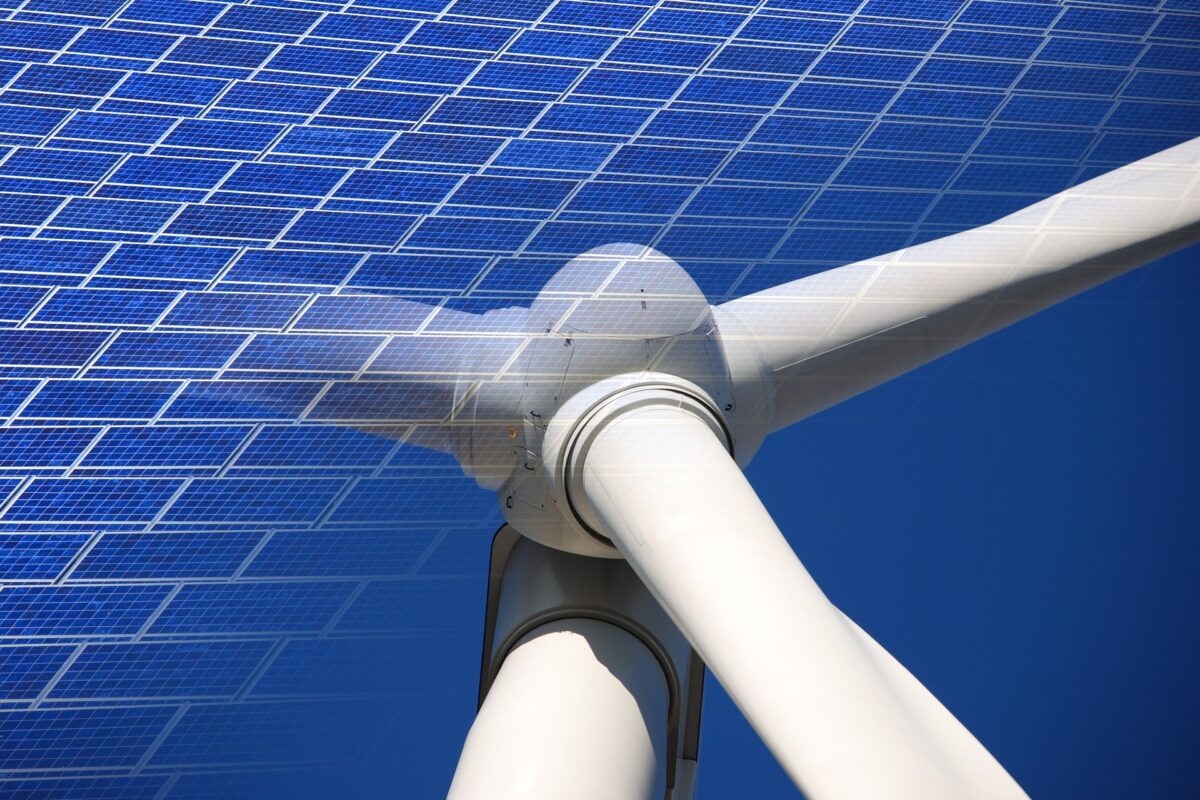The U.S. Department of Energy (DOE) Solar Energy Technologies Office (SETO) announced an opportunity that will provide $20 million over three years for research, development, demonstration, and commercialization projects that minimize materials in solar energy systems, improve installation quality and resilience of PV systems, and improve the reuse and recyclability of solar panels.
This funding opportunity will also set up a Solar Partnership to Advance Recycling and Circularity to improve materials recovery and develop safe end-of-life practices for PV system components.
Recycling of solar components is an increasingly important topic as cost reduction, supportive policy, and large-scale electrification means solar could supply 40% of U.S. electricity in 2035, and 45% in 2050, as forecast by DOE’s Solar Futures Study. That would require average annual growth of 30 GW in new solar capacity this year and next, rising to 60 GW extra per year from 2025 to 2030, for a terawatt of new solar capacity by 2035. This kind of growth will see corresponding growth in used solar modules and materials that can be re-used or recycled.
One estimate, by the International Renewable Energy Agency predicts that without changes to the current structure of solar panel retirements, the world could witness some 78 million tons of solar trash disposed in landfills and other waste facilities by 2050, according to the International Renewable Energy Agency (IRENA). It predicts the U.S. will contribute 10 million metric tons of trash to that 2050 total. To put into context, the U.S. dumps almost 140 million tons of waste each year, according to the Environmental Protection Agency. But it is possible to recycle and reuse the materials. The National Renewable Energy Laboratory projects that by 2040, recycled panels and materials could help meet 25% to 30% of U.S. domestic solar manufacturing needs.
“Thanks to President Biden’s Investing in America agenda, we are creating a robust PV recycling industry that will help us achieve a clean energy future through rapid deployment of solar energy,” said U.S. Secretary of Energy Jennifer M. Granholm. “This announcement will enhance PV systems throughout their lifecycle to lower costs and reduce impacts on the environment, while ensuring that we have a plan for taking solar panels offline in an efficient and economical manner that boosts the domestic supply chain.”
With reduced use and improved recovery of critical materials, PV system deployment will become less dependent on supply chain limitations and can sustain the expected growth in clean energy.
The Materials, Operation, and Recycling of Photovoltaics (MORE PV) funding opportunity asks teams to identify ways to optimize solar systems throughout their lifecycle to lower costs, facilitating rapid deployment of solar energy. SETO encourages teams from institutions of higher education, for-profit entities, non-profit entities, state and local government, and tribal entities to apply.
An informational webinar will be held on July 26 at 1 p.m. ET. Prior to submitting a full application for this opportunity, applicants must submit a letter of intent by September 6 at 5 p.m. ET and a concept paper by September 13 at 5 p.m. ET.
This funding opportunity supports DOE’s Photovoltaics End-of-Life Action Plan, which aims to halve the cost of recycling by 2030 and reduce the environmental impact of solar energy modules at end-of-life. It also builds on recent investments to develop durable and recyclable solar technologies as part of the 2022 Photovoltaics Research and Development funding program.
This content is protected by copyright and may not be reused. If you want to cooperate with us and would like to reuse some of our content, please contact: editors@pv-magazine.com.









By submitting this form you agree to pv magazine using your data for the purposes of publishing your comment.
Your personal data will only be disclosed or otherwise transmitted to third parties for the purposes of spam filtering or if this is necessary for technical maintenance of the website. Any other transfer to third parties will not take place unless this is justified on the basis of applicable data protection regulations or if pv magazine is legally obliged to do so.
You may revoke this consent at any time with effect for the future, in which case your personal data will be deleted immediately. Otherwise, your data will be deleted if pv magazine has processed your request or the purpose of data storage is fulfilled.
Further information on data privacy can be found in our Data Protection Policy.